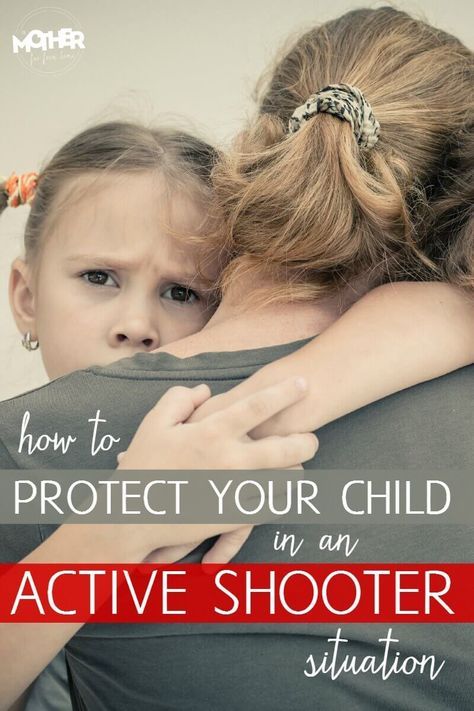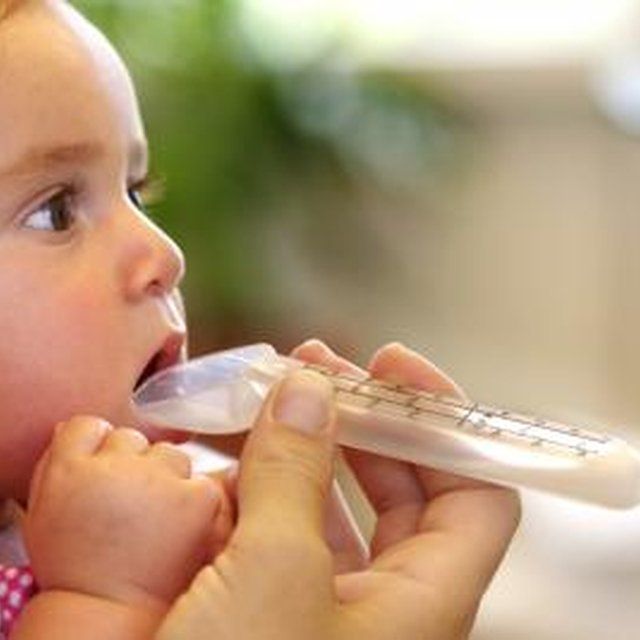How to protect your child
How Can I Protect My Child From Sexual Assault?
-
Donate Donate Monthly Honor Someone Give to a Fundraiser Shop for RAINN Plan Your Legacy Donor-Advised Fund Donate Stock Workplace Giving Combined Federal Campaign Corporate Partnerships Take Political Action Volunteer Spread the Word on Social Media Start a Fundraiser Student Activism Tell Your Story Join the Speakers Bureau Request a Speaker Intern at RAINN Work at RAINN Sign-up for News & Alerts
-
Para leer en español, haga clic aquí.
Sexual abuse can happen to children of any race, socioeconomic group, religion or culture.
There is no foolproof way to protect children from sexual abuse, but there are steps you can take to reduce this risk. If something happens to your child, remember that the perpetrator is to blame—not you and especially not the child. Below you’ll find some precautions you can take to help protect the children in your life.
If your child is in immediate danger, don’t hesitate to call 911. If you aren’t sure of the situation but you suspect the child is being harmed, you can take steps to gauge the situation and put an end to the abuse.
Be involved in the child’s life.Being actively involved in a child’s life can make warning signs of child sexual abuse more obvious and help the child feel more comfortable coming to you if something isn’t right. If you see or hear something that causes concern, you can take action to protect your child.
- Show interest in their day-to-day lives. Ask them what they did during the day and who they did it with.
 Who did they sit with at lunchtime? What games did they play after school? Did they enjoy themselves?
Who did they sit with at lunchtime? What games did they play after school? Did they enjoy themselves? - Get to know the people in your child’s life. Know who your child is spending time with, including other children and adults. Ask your child about the kids they go to school with, the parents of their friends, and other people they may encounter, such as teammates or coaches. Talk about these people openly and ask questions so that your child can feel comfortable doing the same.
- Choose caregivers carefully. Whether it’s a babysitter, a new school, or an afterschool activity, be diligent about screening caregivers for your child.
- Talk about the media. Incidents of sexual violence are frequently covered by the news and portrayed in television shows. Ask your child questions about this coverage to start a conversation. Questions like, “Have you ever heard of this happening before?” or “What would you do if you were in this situation?” can signal to your child that these are important issues that they can talk about with you.
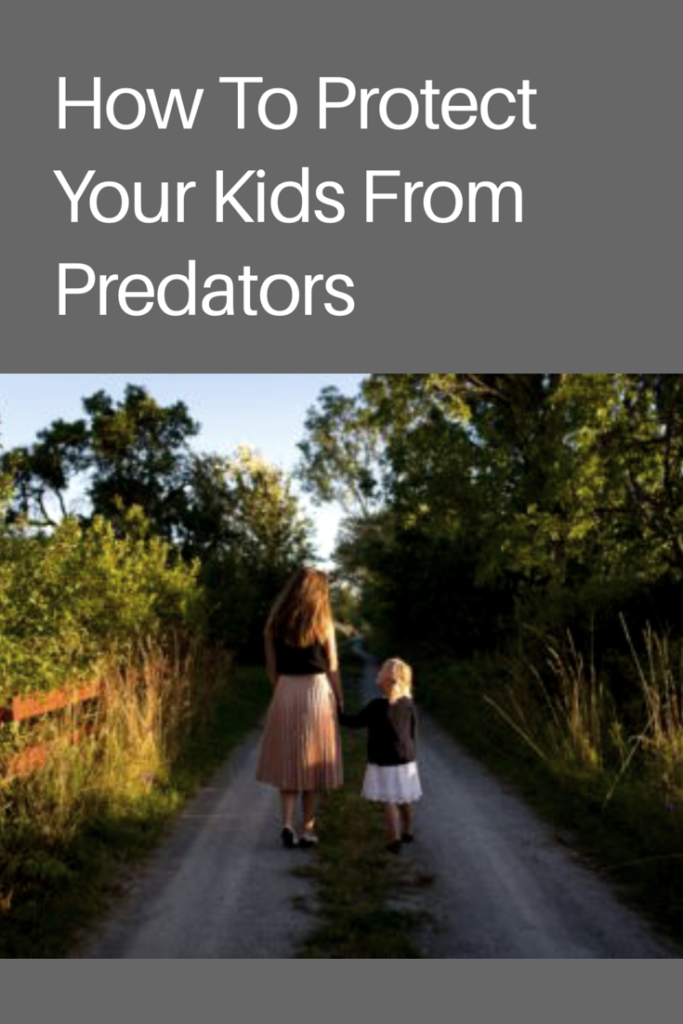 Learn more about talking to your kids about sexual assault.
Learn more about talking to your kids about sexual assault. - Know the warning signs. Become familiar with the warning signs of child sexual abuse, and notice any changes with your child, no matter how small. Whether it’s happening to your child or a child you know, you have the potential to make a big difference in that person’s life by stepping in.
When someone knows that their voice will be heard and taken seriously, it gives them the courage to speak up when something isn’t right. You can start having these conversations with your children as soon as they begin using words to talk about feelings or emotions. Don’t worry if you haven't started conversations around these topics with your child—it is never too late.
- Teach your child about boundaries. Let your child know that no one has the right to touch them or make them feel uncomfortable — this includes hugs from grandparents or even tickling from mom or dad.
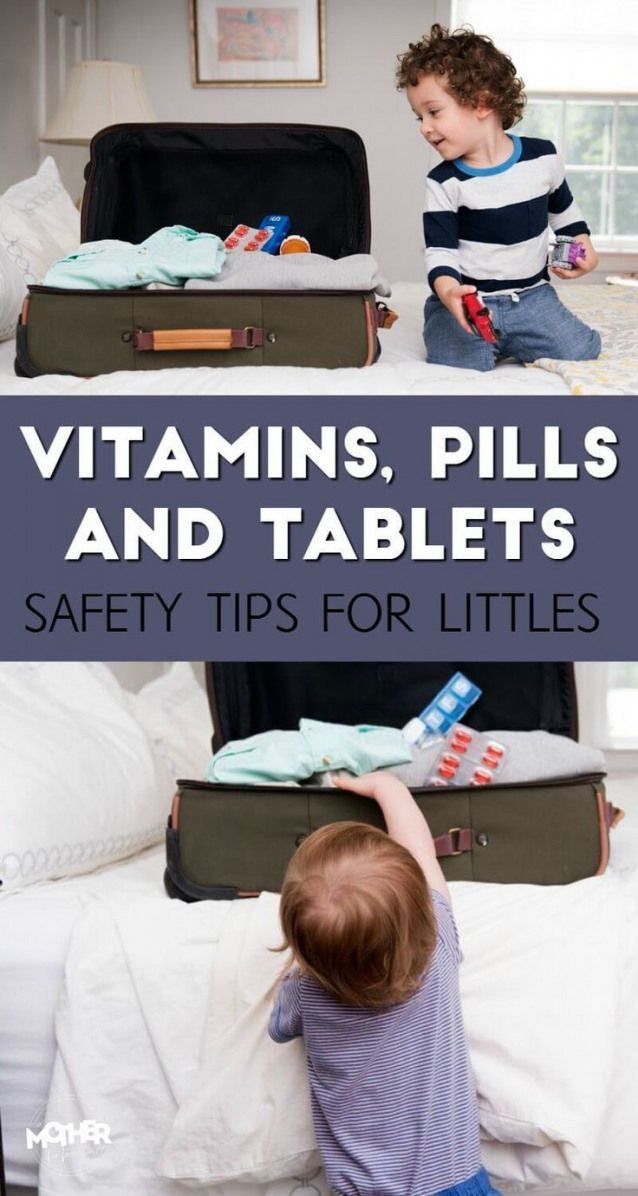 It is important to let your child know that their body is their own. Just as importantly, remind your child that they do not have the right to touch someone else if that person does not want to be touched.
It is important to let your child know that their body is their own. Just as importantly, remind your child that they do not have the right to touch someone else if that person does not want to be touched. - Teach your child how to talk about their bodies. From an early age, teach your child the names of their body parts. Teaching a child these words gives them the ability to come to you when something is wrong. Learn more about talking to children about sexual assault.
- Be available. Set time aside to spend with your child where they have your undivided attention. Let your child know that they can come to you if they have questions or if someone is talking to them in a way that makes them feel uncomfortable. If they do come to you with questions or concerns, follow through on your word and make the time to talk.
- Let them know they won’t get in trouble. Many perpetrators use secret-keeping or threats as a way of keeping children quiet about abuse.
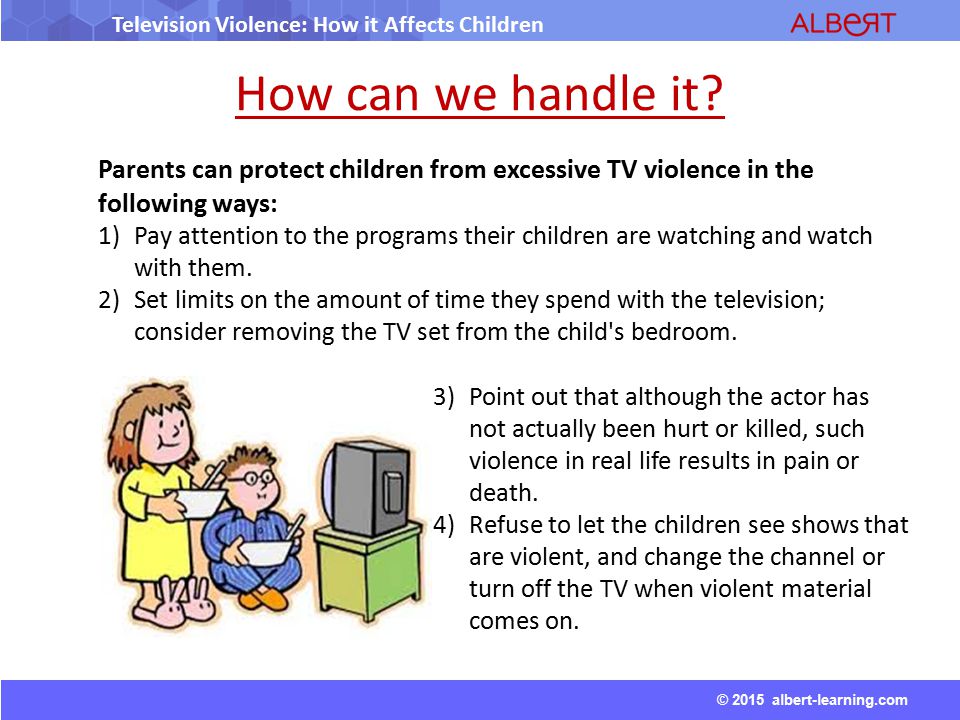 Remind your child frequently that they will not get in trouble for talking to you, no matter what they need to say. When they do come to you, follow through on this promise and avoid punishing them for speaking up.
Remind your child frequently that they will not get in trouble for talking to you, no matter what they need to say. When they do come to you, follow through on this promise and avoid punishing them for speaking up. - Give them the chance to raise new topics. Sometimes asking direct questions like, “Did you have fun?” and “Was it a good time?” won’t give you the answers you need. Give your child a chance to bring up their own concerns or ideas by asking open-ended questions like “Is there anything else you wanted to talk about?”
To speak with someone who is trained to help, call the National Sexual Assault Hotline at 800.656.HOPE (4673) or chat online at online.rainn.org.
Related Content
Talking to Your Kids About Sexual Assault
Conversations about sexual assault can be a part of the safety conversations you’re already having, like knowing when to speak up, how to take care of friends, and listening to your gut.

Read More
Evaluating Caregivers
There are steps you can take to evaluate caregivers, such as babysitters or nursing homes, to reduce the risk of something happening to your loved one.
Read More
Child Sexual Abuse
When a perpetrator intentionally harms a minor physically, psychologically, sexually, or by acts of neglect, the crime is known as child abuse.
Read More
What are the warning signs for child sexual abuse?
Read MoreEvery 68 seconds, another American is sexually assaulted.
More Stats88¢ of every $1 goes to helping survivors and preventing sexual violence.
Donate Now - Show interest in their day-to-day lives. Ask them what they did during the day and who they did it with.
How can I keep my child safe as he grows up?
And yet it doesn't help our children to over-protect them. It's our job to gradually give our children more and more independence, which means that we need to teach them how to keep themselves safe in the world without undermining their trust that the world is a good place.
it's our job to gradually give our children more and more independence, so we need to teach them how to keep themselves safe in the world without undermining their trust that the world is a good place.
So here you are, one dozen basic Family Safety Rules that every parent can implement, that work to help you to keep your child safe as you let go of their hand.
1. Prioritize Connection.
The best way to keep your child from being abused by predators, bullied, using drugs, becoming sexually active before they're ready -- virtually every risk factor you can think of -- is to maintain a close relationship with them."
Every time you respond to your child's cry of hunger or pain or discomfort, you raise a child who knows he will be heard," say safety experts Ric Bentz and Christine Allison. Children who feel heard and taken seriously are much more likely to stick up for themselves, to fight back, and to ask for help.
Put down your phone and listen. Sit down to dinner together as many nights as you can. Make sure you have one on one time -- unstructured (this isn't for homework or reading to them), to see what bubbles up and help your child express problems and upsets -- with each child every day, preferably for at least 15 minutes with each child.
If you notice that your child is defiant or distant, make it a high priority to re-connect: Why You Need To Re-Connect Daily with Your Child.
2. Teach your child to cross the street.
It's so automatic for us that we often don't realize that children need to be taught to cross the street safely. When your child is young enough to hold your hand, stop every single time and announce "Let's cross safely. First check the signal -- it shows the person walking, so we can cross. Now we look left, then right, then left again. Any cars? Okay, now we can cross!"
As children get older, they often rebel against having their hand held.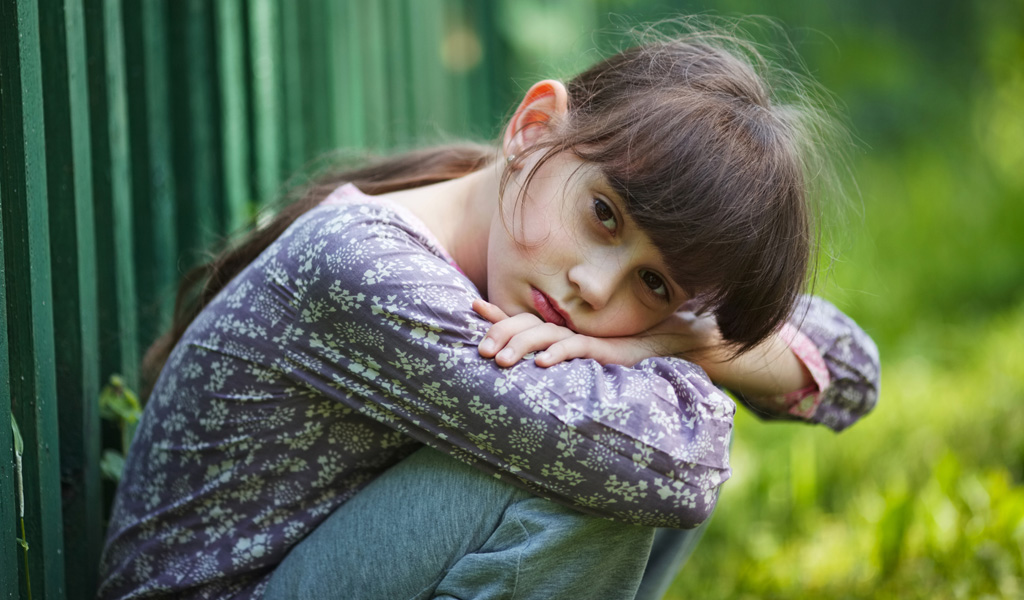 If that happens, give your child some control. Ask him to take charge of the ritual and direct you; he can hold on to your purse strap or wrist. By the time he can cross by himself, safe habits will be engrained.
If that happens, give your child some control. Ask him to take charge of the ritual and direct you; he can hold on to your purse strap or wrist. By the time he can cross by himself, safe habits will be engrained.
Needless to say, looking at your phone while you're crossing the street is terrible modeling for your child. Be sure once he's old enough for a phone, he has the discipline to put it away while crossing the street-- just like you do.
3. Give your child the tools to protect them from bullying.
Bullies prey on children whom they perceive to be vulnerable. The best way to keep children from being bullied is to make sure they have high self esteem and strong relationships at home and with peers.
Bullying behavior often begins by "testing the waters" with a mean remark, to see if they can goad the target child into hurt or upset. If your child is being bullied, role-play with him how he can stand up to a bully with quiet dignity and walk away. Kids need to be reassured that there is no shame in being frightened by a bully, in walking away, or in telling an adult and asking for help. Bullying situations can escalate, and saving face is less important than saving their life. For more on protecting your child from bullying, see Empower Your Child Against Bullying.
Kids need to be reassured that there is no shame in being frightened by a bully, in walking away, or in telling an adult and asking for help. Bullying situations can escalate, and saving face is less important than saving their life. For more on protecting your child from bullying, see Empower Your Child Against Bullying.
4. When your child goes to someone's house on a playdate, be sure you know the family, and watch your child for cues about what's happened.
Get to know the parents at households where your child spends time. Talk to him about what goes on at his friends' houses. Are the kids unsupervised on the computer? Allowed to stroll up to the store alone? Would he be able to recognize if his friend's mother was inebriated? Would he know what to do if his friend's father touched him inappropriately? What if his friend suggested they look at porn, or play a new "secret" game involving touching, or sniffing markers?
Before your child plays at a new friend's house, ask if they keep guns, and if so, how they are secured.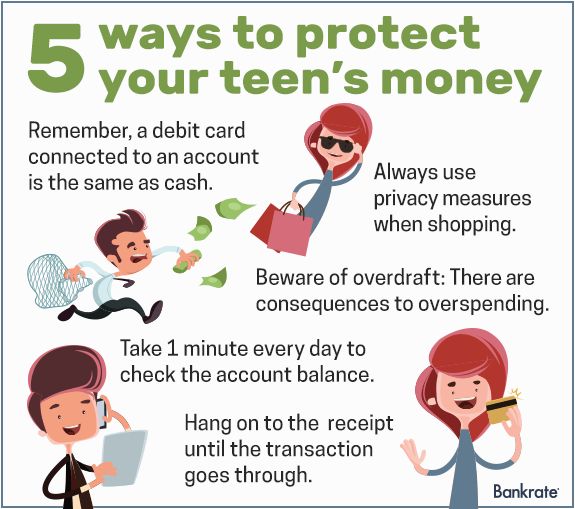 Teach your children to leave any room and house immediately if a gun appears – loaded or not. It would be great if your child can say "I'm not allowed to be in a room with a gun," but your child will be under great social pressure at that point, and that invites a discussion that your child will then get sucked into. Any child old enough to be on his own at a playdate understands social lies and will be grateful for your permission to say something like “Oops, I just remembered I have a dentist appointment!”
Teach your children to leave any room and house immediately if a gun appears – loaded or not. It would be great if your child can say "I'm not allowed to be in a room with a gun," but your child will be under great social pressure at that point, and that invites a discussion that your child will then get sucked into. Any child old enough to be on his own at a playdate understands social lies and will be grateful for your permission to say something like “Oops, I just remembered I have a dentist appointment!”
5. Instead of teaching "Stranger Danger" teach kids to trust their instincts and stand up for themselves.
Teaching your child to be afraid of strangers does not actually protect your child. Most sexual predators are known to the child. Instead, teach that most people are okay, but there are a few people out there who do bad things, and could hurt her. She needs to be told explicitly that it is more important to stay safe and to trust herself than to be polite or nice.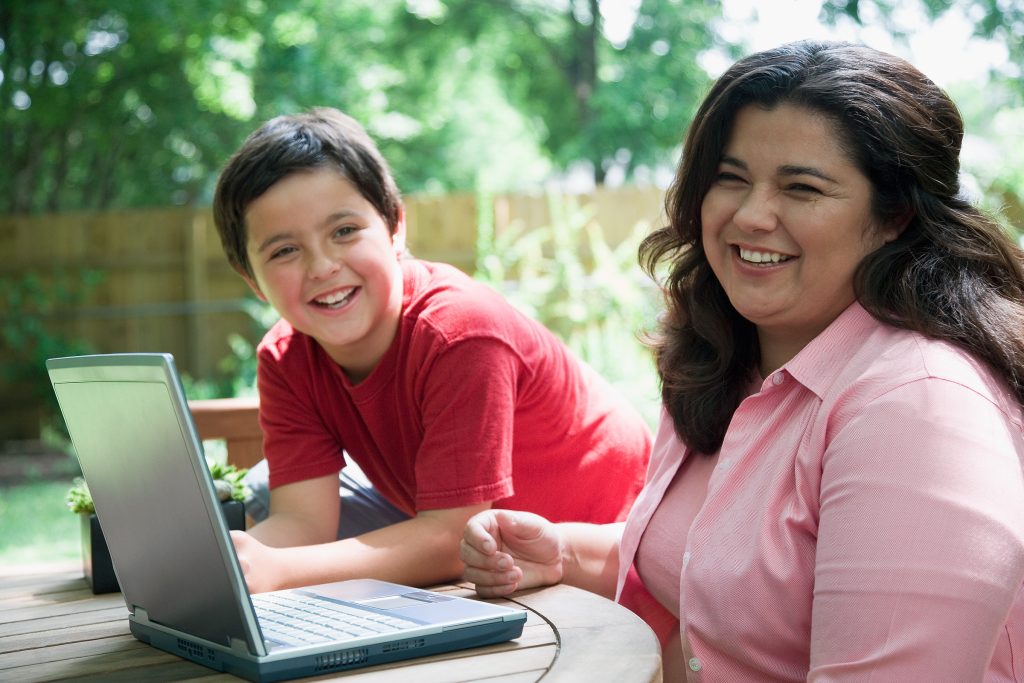 It is okay for her to question, disobey, and even run away from someone whose behavior is making her acutely uncomfortable.
It is okay for her to question, disobey, and even run away from someone whose behavior is making her acutely uncomfortable.
Predators give signals; your child just needs your support to trust herself in reading them. Teach your child what constitutes improper behavior on the part of an adult, for instance, that it is inappropriate for adult strangers to offer children treats or to ask them for directions, and their reaction should be to walk away immediately, and always to fight back and shout "Help me! This is not my parent!" If she's in a public place and gets worried, teach her to run to a mother with a child, who can generally be counted on to help.
6. Give your child the tools to protect them from sexual abuse.
The statistics are that one out of every three girls will have suffered some unwanted sexual touching by the time she is sixteen. But don’t assume only girls are sexually molested; the stats for boys are almost as bad, one out of six.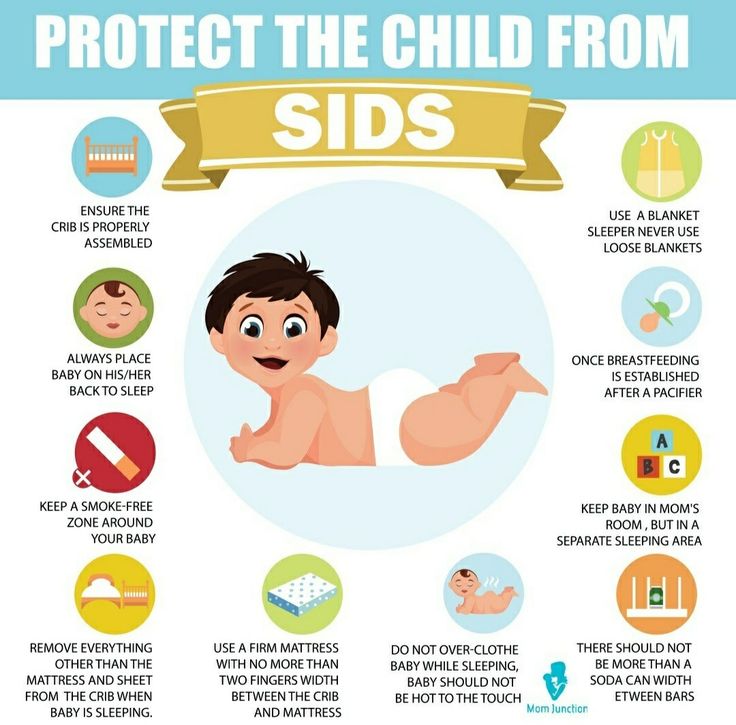 According to the National Center for Missing and Exploited Children, someone the child knows and trusts usually perpetrates child molestations, so teaching "Stranger Danger" completely misses the point and does not protect children. Instead:
According to the National Center for Missing and Exploited Children, someone the child knows and trusts usually perpetrates child molestations, so teaching "Stranger Danger" completely misses the point and does not protect children. Instead:
- Teach Consent. If you want your child to stand up for herself in an abuse situation, it's critical that she be allowed to make her own decisions about who touches her body from an early age. Raise both boys and girls with the house rules that "We ask people before we touch their body" and "When someone says STOP!, we stop." Don't "steal" kisses or hugs if your child says no. Never force your child to be touched by a relative or friend if she doesn't want contact. She must be respectful, and you can ask her to blow Grandpa a kiss instead of giving a hug, but she must be in charge of her own body.

- Teach your child that in your family, no one ever keeps secrets. Molesters usually begin "grooming" by seducing kids into complicity with mild secrets: "Don't tell your mom I gave you candy." Your child needs to know that anytime anyone asks her to keep a secret, she is to tell you immediately. This applies to kids as well as adults, since children who have been inappropriately touched often "act out" that trauma onto other children. In fact, I often hear that another child, older in years or experience, is the one who "teaches a secret game" to a child, with tragic results. Make sure your child knows he can tell you anything, and that you will love him no matter what he's done.
- Educate. Teach your child that every part of her body covered with a swimsuit is private, belonging only to her.
 Every child should have (and be regularly read) books like No Means No by Jayneen Sanders and My Body Belongs to Me by Jill Starishevsky. Teach your child that no one – no adult, no child, not even her parents, NO ONE – should ever touch her in ways that make her uncomfortable.
Every child should have (and be regularly read) books like No Means No by Jayneen Sanders and My Body Belongs to Me by Jill Starishevsky. Teach your child that no one – no adult, no child, not even her parents, NO ONE – should ever touch her in ways that make her uncomfortable. - Protect. Don’t leave your child with anyone, even your boyfriend, unless you completely trust them. The good and bad news about abuse is that most of it, statistically, is not perpetrated by strangers. It happens at the hands of family members or the mother's boyfriend. Almost all the rest is perpetrated by trusted intimates such as coaches, religious leaders or teachers. Bad news? Yes, these are people your child trusts. But it’s good news because it’s a risk you can usually avoid, if you trust your instincts and pay attention to your child. This is just one of the many reasons that stepparents should never have the responsibility of disciplining their partner's children.
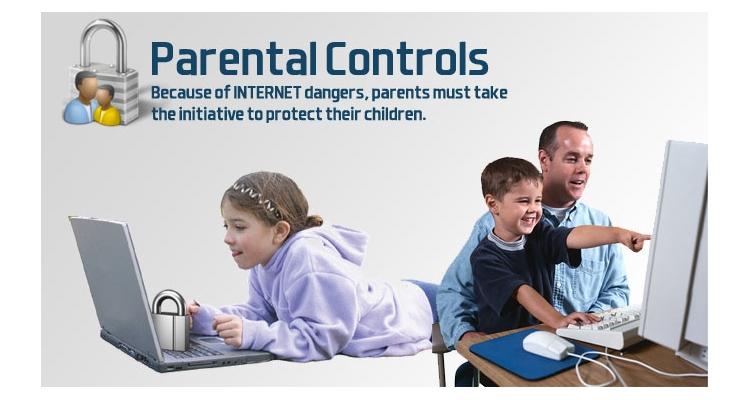
7. Every child should know how to swim.
And be sure your child knows NEVER to dive into water that she has not already personally established to be deep and safe. Since toddlers are most at risk of drowning, supervision is critical near pools or creeks, and of course when a bathtub has water in it.
8. Make helmets non-negotiable for cycling, skating or skate-boarding.
They reduce the risk of brain injury by 90%.
9. Cars are dangerous.
If you are transporting a little one in the back of your car, train yourself to check the car before you get out to be sure your child is out of the car, so you don't space out and forget a sleeping child – horrible to even think about, I know, but we're sleep-deprived parents and every year, babies and toddlers die when they are left in cars.
Train your child to buckle up. Teach them to get out of any car immediately if the driver is drunk. Role play with them what they can say to get out of the car and to a safe place.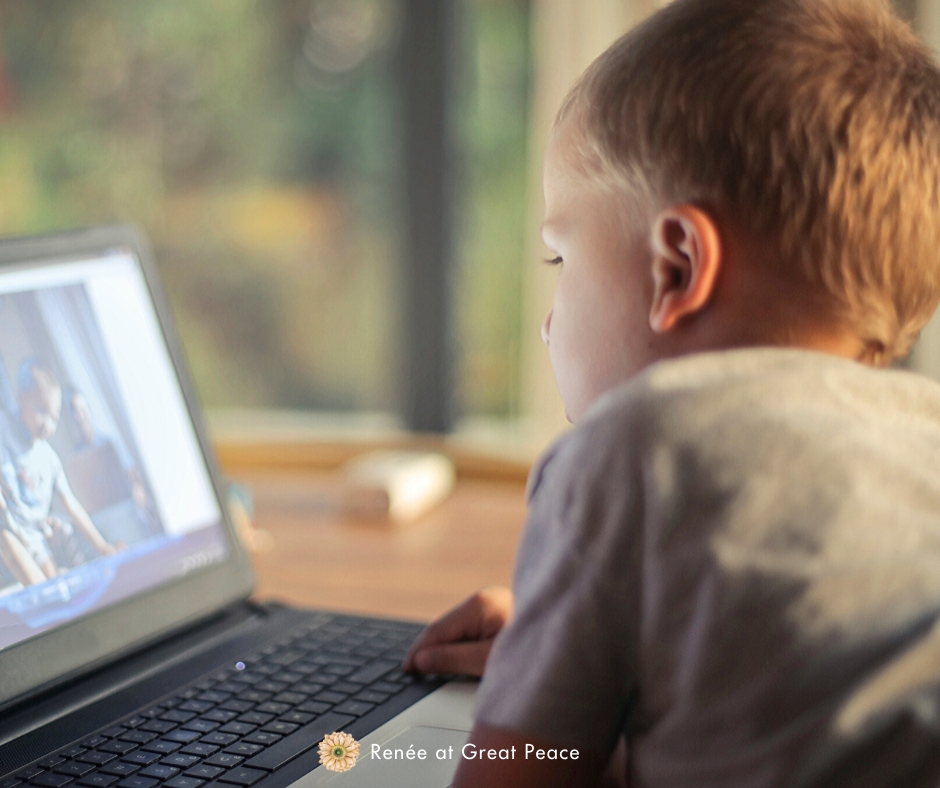 (Again, “I’m carsick! I'm going to throw up! Stop the car quick!” may not be strictly true, but will be a lot easier for your child to say than "You're behaving erratically and I think you may have been drinking. Please let me out of the car.") Make sure that she knows she can always call you for a ride regardless of the situation.
(Again, “I’m carsick! I'm going to throw up! Stop the car quick!” may not be strictly true, but will be a lot easier for your child to say than "You're behaving erratically and I think you may have been drinking. Please let me out of the car.") Make sure that she knows she can always call you for a ride regardless of the situation.
Car accidents are the leading cause of death among teens. Once he starts driving, make sure he hears any personal stories you have about kids who've died in car accidents; that story could keep him alive. When you see a news story about an accident caused by a driver texting, discuss it at the dinner table. Admit that you're tempted, too, but role model turning off your phone and putting it in your bag in the back seat. (Need directions? Print them out in advance or pull off the road to check them.)
10. When your child begins using public transit, ease into it.
First, travel with him.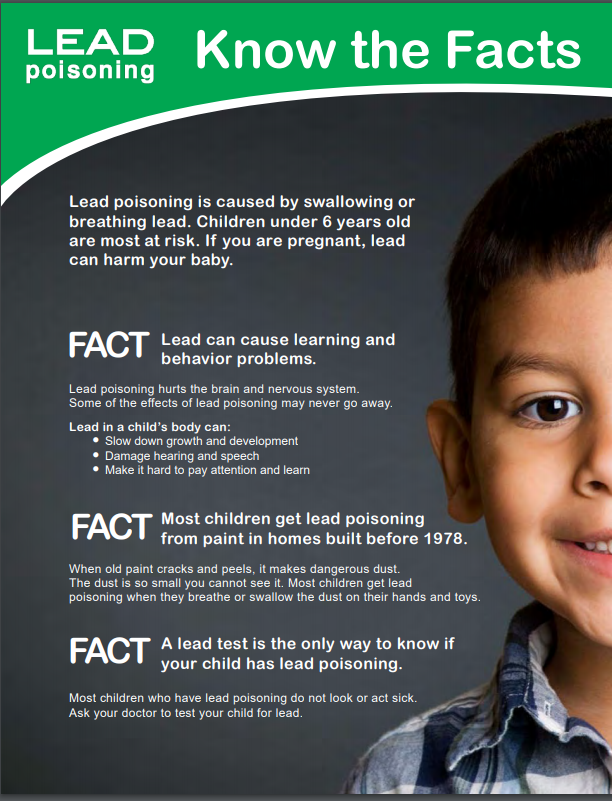 Then, stay near him but let him travel "alone. " Then, let him travel with a friend. Role play like crazy: What happens if he and his friend get separated? What if someone pulls a knife and demands his money? (Yes, this happened to my 13 year old on one of his first solo subway trips.) What if his cell phone falls on the subway tracks? What if some guy stares at him and it gives him the creeps? Buy him a cell phone and have him call you before he gets on the bus and after he gets off. Be sure he doesn't use his phone or other electronics en route; they make him a target.
Then, stay near him but let him travel "alone. " Then, let him travel with a friend. Role play like crazy: What happens if he and his friend get separated? What if someone pulls a knife and demands his money? (Yes, this happened to my 13 year old on one of his first solo subway trips.) What if his cell phone falls on the subway tracks? What if some guy stares at him and it gives him the creeps? Buy him a cell phone and have him call you before he gets on the bus and after he gets off. Be sure he doesn't use his phone or other electronics en route; they make him a target.
11. The best way to keep your child safe is to help him develop good judgment.
There is no substitute for supervision and knowing what's going on in your child's life, but as your child becomes increasingly independent, he'll need to be aware of his own instincts about what's safe, and follow them. Unfortunately, the brain of a teen is primed to be influenced by peers, so he can easily override that "still, small voice within" if all the other kids are doing something risky.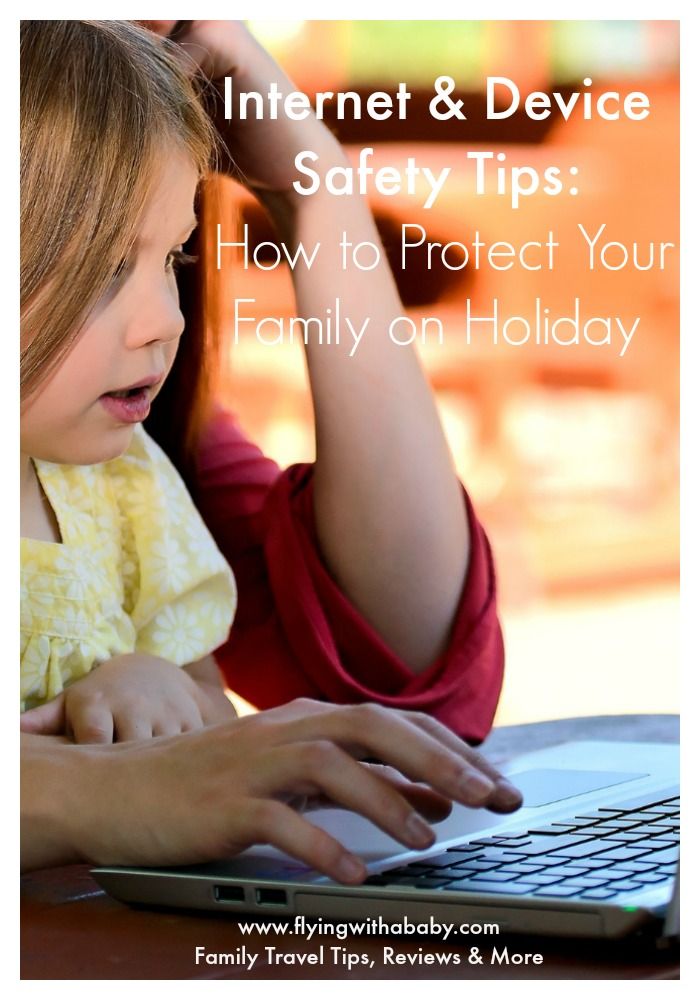 Daredevil behavior is bad enough in a six year old, but in a sixteen year old it can be deadly. Help your child develop good judgment and social intelligence, so he can resist the lure of social pressure when he needs to.
Daredevil behavior is bad enough in a six year old, but in a sixteen year old it can be deadly. Help your child develop good judgment and social intelligence, so he can resist the lure of social pressure when he needs to.
12. Talk with your child constantly – and listen more than you talk.
Listening keeps you connected and helps your child feel safe. But it also helps your child talk to you more, and when you get kids talking about something, they're thinking about it. So introduce topics that will help your child think, reflect, and develop good judgment. Ask questions, like:
- What do you worry about the most?
- If you got into really big trouble, how do you think I would respond?
- What are the different kinds of courage? How do you define bravery?
For lots more questions to get good discussions going, see 255 Conversation Starters for Family Discussions.
Experts told how to protect your child from strangers – Moscow 24, 09/06/2022
Cases when children obediently go somewhere with strangers are not uncommon. Unfortunately, such situations often end in sad consequences. We tell how parents can protect their child from strangers.
Get ready to work
Photo: depositphotos/annadanilkova
Many parents believe that their children will not leave with strangers. But at the same time, adults cannot explain what their confidence is based on, security expert Katerina Sobkalova told Moscow.
"Just telling a child 100 times: 'You can't go away with strangers,' will not make him safe. You have to work with children: give them time, not shout and forbid, but find the strength to talk calmly, to explain and even work out in advance what to do in dangerous situations. It is difficult, but this is the only way to achieve something," she warned.
Psychologist Elena Buryeva also noted that parents tend to perceive themselves and their children as one and think: if they understand some things, then they are obvious to their son or daughter.
But a child is a separate person, and he does not know how everything works in the world. Therefore, he must be taught absolutely everything, including the rules by which he can live quite safely and comfortably.
It is necessary to train from about one year of age. Every time, walking with the baby on the playground, start explaining to him: he must first ask you if it is possible or not, if someone wants to give him something, give him, show him, or he decided to go somewhere, even very close, from the site.
Elena Buryeva
child psychologist
Asking adults' permission is a very important safety rule. If you introduce it from a very early age, it will become the norm for the child. He will continue to follow it on the machine, even when he starts walking on his own. This will be taken for granted, and not cause protest and questions about why the child is obliged to report to the parents.
Talk about personal boundaries
Photo: depositphotos/expsycholog.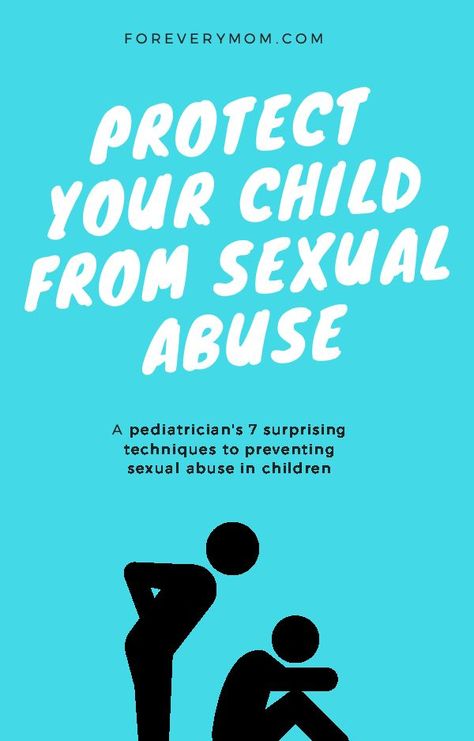 gmail.com
gmail.com
From the age of three, it is important to introduce a child to social circles and talk about personal boundaries. You can draw them directly on the floor or on the pavement with chalk.
Draw the first circle around the child's legs. Explain that he is in the center of his life - in it the baby is the most important. The thoughts and actions of the child also belong only to him, the psychologist explained.
In addition, no one may touch or kiss the baby without permission. Just like he has no right to touch someone who does not want to.
Ask the child to extend their arm and take a little more than half of it into the next circle. He is the closest, his family. Usually it is only mom, dad, brother, sister, sometimes grandparents.
Be sure to tell them that in every family there are secrets and secrets that cannot be told to anyone, even if they ask. For example, about when parents leave and return home, how the apartment opens, whether the baby is left alone, and so on.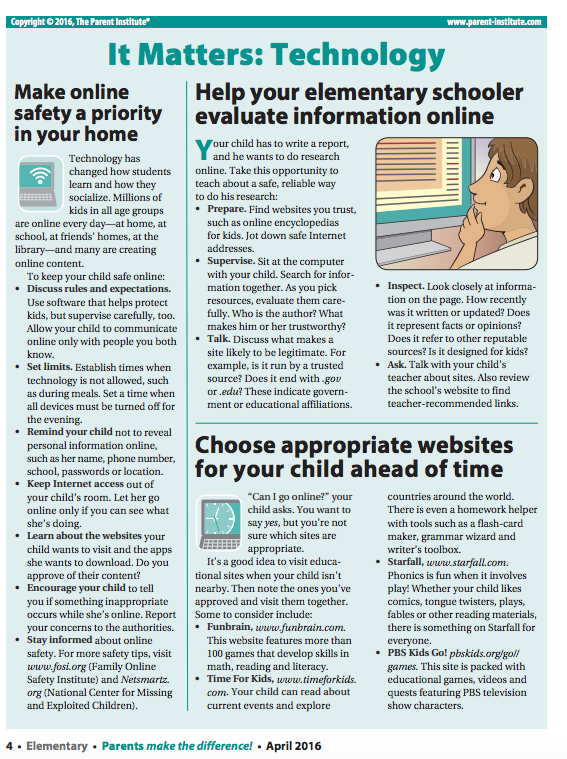
Friends in the next circle. The palm of the child will fall into it, and this means that they are still close. You can’t discuss family secrets with them, but you can hug if they don’t mind.
Then draw a circle - acquaintances. It includes neighbors, a friend's mother, and so on. The child's palm no longer reaches this circle, which means that they must be restrained with them. We see these people very often, we greet them, we can ask how things are going. But we do not tell them secrets and do not hug them.
Another circle - professions. Tell your child who the police officers, rescuers of the Ministry of Emergency Situations, doctors are. Explain that, despite the rule "my body is my business," if trouble happened and you need help, you need to trust these specialists. Their mission is to save the lives and health of others.
Elena Buryevaya
child psychologist
In the last circle we have strangers, there are a lot of them.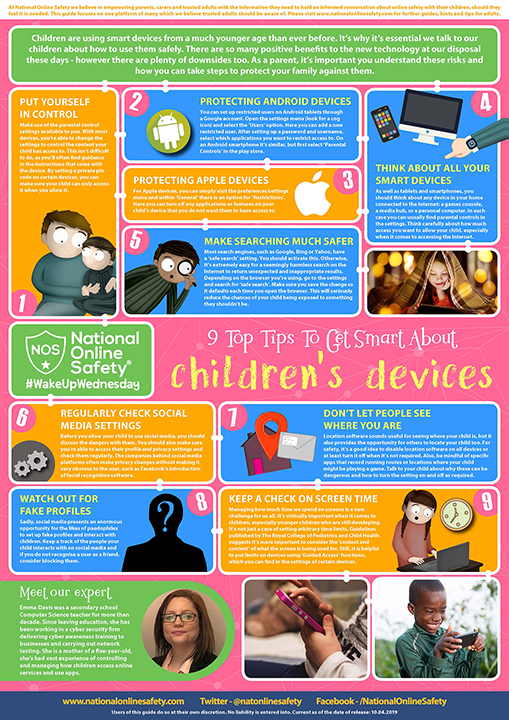 But you shouldn't scare your child. It is better to say that most likely they are all good. However, there are among them those who can hurt and hurt others. It is very difficult to recognize them, because most often they do not look like villains. Therefore, the child does not need to communicate with strangers without adults from the "family" circle.
But you shouldn't scare your child. It is better to say that most likely they are all good. However, there are among them those who can hurt and hurt others. It is very difficult to recognize them, because most often they do not look like villains. Therefore, the child does not need to communicate with strangers without adults from the "family" circle.
The specialist reminded parents to be careful not to allow inconsistency in safety rules.
"Here's a common situation for you: adults explain to a child that it is dangerous to leave with strangers, and then they take him to an entertainment center and immediately leave him with a complete stranger - an animator. The kid no longer understands how the rules that he was told about work in life,” says the psychologist.
In this particular case, it is important to give the child time. He must see: the parents met with the animator and made sure that the baby would be safe. Only after that they were allowed to go with an employee of the entertainment center.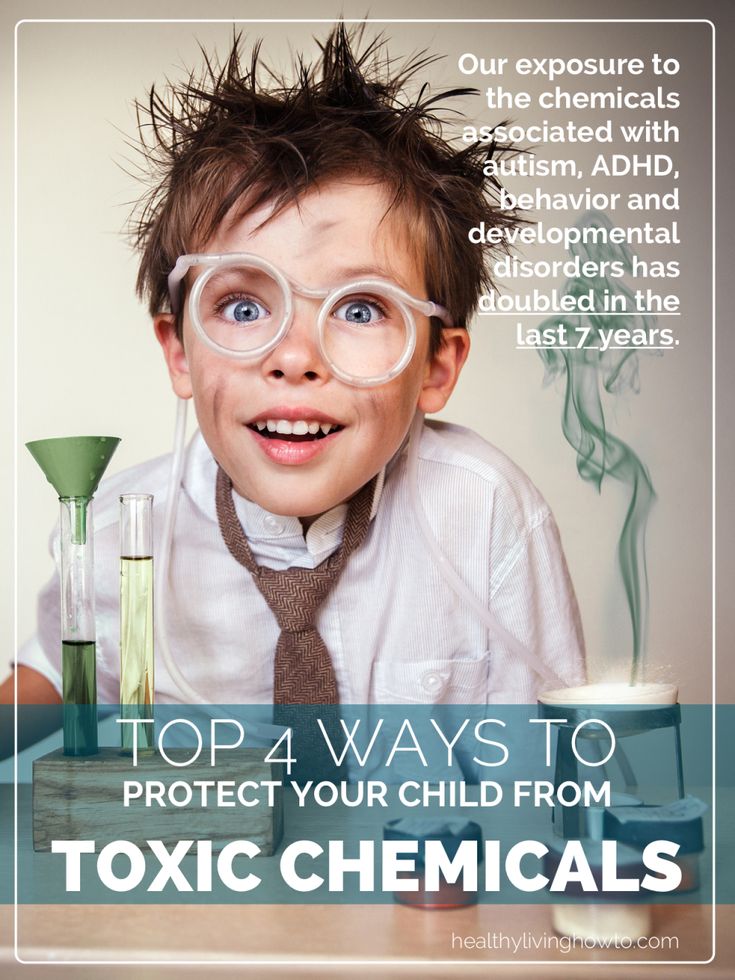
Make algorithms of actions
Photo: depositphotos/kurgu128.mail.ru
The child should have not only a clear division into "friends and foes" adults, but also an understanding of which category and how to act safely for themselves, noted Sobkalov.
Our own are close people, there are very few of them. They are engaged in the upbringing of the child, they are trusted by the parents. You can help your own, it is safe to leave with them and take treats from them.
Do not include family friends, mother's best friend, and so on in the "friends" category. These people are from the category "familiar, but strangers." You can help them or leave with them, only with the permission of "their own".
Katerina Sobkalova
security expert
A child has the right not to help strangers, and the parent must give him permission to do so. It is important to speak clearly with the baby: if someone from strangers approached him and asked him to hold the car door, carry the bags to the bench, help get the kitten that ran away, and so on, then he has the right to answer to "ask another adult" and leave .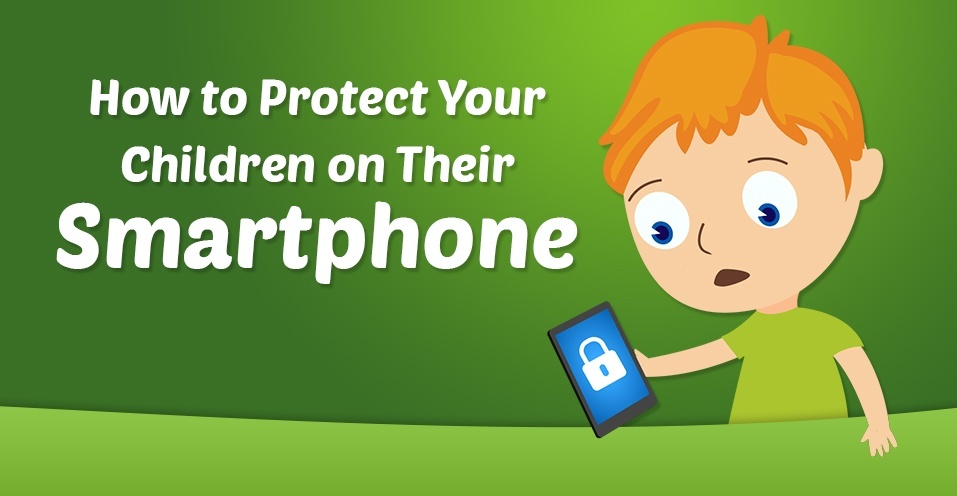
The child should know the rule that children are not usually asked for help.
Learn to assess the situation
Another important skill that parents should teach their children is to distinguish between dangerous and safe situations. This should become a habit for them.
"You won't be able to teach this if you just name different situations. It's better to ask questions: "If you come close to the barbecue, is it dangerous?", "And if a stranger offers you something to drink?" Then ask to clarify why this is so what can happen and how to act to stay safe. Help him answer, "Sobkalova advised.
Gradually the child will learn to evaluate situations and behave appropriately in them. Grandmother on the street will offer a candy, he will simply refuse and go for a walk further. An unfamiliar girl will drive up in a car, open the trunk and ask for help to carry the boxes to the third floor. The child realizes that the situation can be dangerous, it is necessary to refuse and increase the distance.
If a friend asks for help - a friend's mother, a father's colleague, a coach from the last section, and so on - the child will automatically say: "Now I will call my parents and warn them." Even if a person had bad thoughts, he will understand that adults are aware of the whereabouts of the baby.
Katerina Sobkalova
security expert
The ability to assess the situation will be useful for a child not only in terms of communicating with strangers, but also in other cases. For example, when he wants to play with knives, matches or scissors, when he is called to the garages, they offer him something to eat or drink.
Let me say "no"
Photo: depositphotos/belchonock
The main reason why children leave with strange adults is that they simply cannot refuse them.
"Firstly, there is an age peculiarity. A child under eight years old has all the adults in authority. Given this, parents should not let their children go out alone. They can walk without their parents, but then they must be in the company of their peers," Buryevaya warned .
They can walk without their parents, but then they must be in the company of their peers," Buryevaya warned .
It's also about education. In our society, it is customary from childhood to repeat to a person like a mantra: "don't shout, be quiet, behave yourself." Is it any wonder then that a child obediently fulfills such requests of a stranger.
In a moment of danger, a child needs the emotion of anger. But it is her parents who most often suppress in their children, categorically forbidding them to scream and get angry.
The emotion of anger is the main vital energy, power, an indicator of violation of boundaries. By suppressing this emotion, we take away from the child a sense of his own power. He becomes unsure of himself, anxious, controllable. If he is offered to go somewhere, he will not be able to say no.
Elena Buryeva
child psychologist
In order not to suppress the child's emotions, do not ask him to stop, shut up, calm down, no matter how uncomfortable and unpleasant he behaves.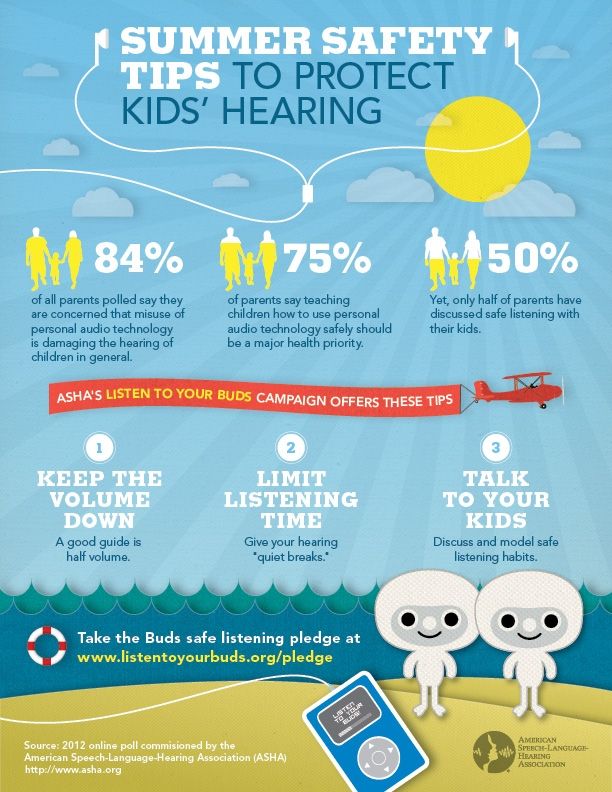 The best option is to use the reflection technique. To do this, you just need to voice the emotions that he is probably experiencing to the baby: “You are screaming because you are scared or you just don’t like it.”
The best option is to use the reflection technique. To do this, you just need to voice the emotions that he is probably experiencing to the baby: “You are screaming because you are scared or you just don’t like it.”
Parents need to be patient, because this technique will not help the child to calm down, but will give him the opportunity to live emotions, and they will not be suppressed.
A baby is born with the ability to draw attention to itself in times of danger. The task of the parents is not to drown her out. Do not ask to be silent when he screams, but calmly say: "I can hear you. Are you attracting my attention?"
Parents have to choose. Or now talk a lot with the child and explain everything, so that later he would be independent and self-sufficient. Or simply force, forbid, and then there will always be a risk that he will not be able to assess the dangerous situation, refuse and protect himself.
Katerina Sobkalova
security expert
A child can say "no" in society when he has the right to an opinion in the family.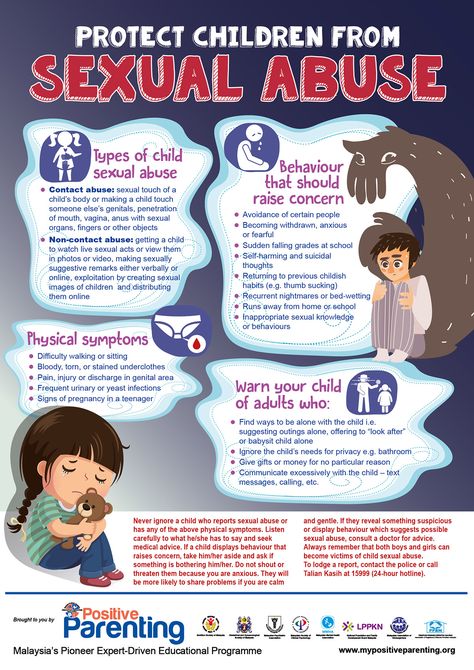 If a student does not do his homework, we usually shout and force him. But it’s better to say that he has the right to refuse, while let him give three arguments why he doesn’t want to do his homework. In response, three reasons should be given why it is still worth doing. The conversation may be long, but the child will have a choice and he will have to make it himself.
If a student does not do his homework, we usually shout and force him. But it’s better to say that he has the right to refuse, while let him give three arguments why he doesn’t want to do his homework. In response, three reasons should be given why it is still worth doing. The conversation may be long, but the child will have a choice and he will have to make it himself.
Of course, children should be told in advance that if a stranger takes you by the hand and leads you somewhere, you should fall sharply, kick, bite and scream - to attract attention to yourself with all your might.
Katerina Sobkalova
security expert
It is best to work out such situations. With preschool children - on toys. For example, if a girl is playing - she is a doll, you take a bear, say: "Come with me" - and see how she will react. Further, you help to play the plot correctly, the expert emphasized.
At the age of 6-7, children can already be sent to safety training.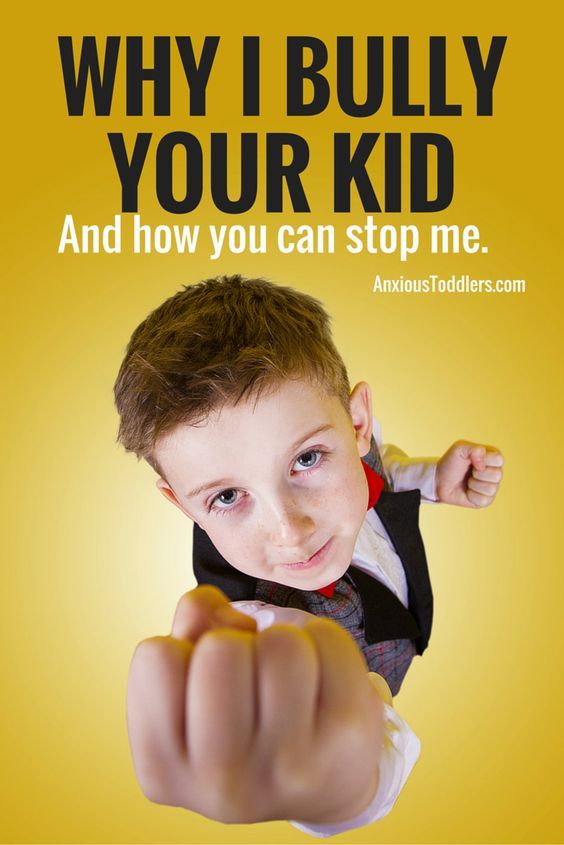 But in any case, they need to be further practiced. Pull the child by the hand and ask what he will do if a stranger tries to take him away like this. It is very important that he can repeat the algorithm of actions in real life.
But in any case, they need to be further practiced. Pull the child by the hand and ask what he will do if a stranger tries to take him away like this. It is very important that he can repeat the algorithm of actions in real life.
Troshina Lyubov
societychildren
5 ways to show that you are always ready to protect your child
International Children's Day, which is celebrated on June 1, in general, is dedicated to this - protecting the rights of children and their well-being around the world. But safety and protection always start in the family, and children need support every day. And the easiest way to get it is from your parents.
1. Say more often that you can come to you with any problem
Protecting a child is not always running and saving from mortal danger. Sometimes children just need words of parental support. The phrase “I am always with you, no matter what you do” may turn out to be exactly what will help the child cope with any troubles.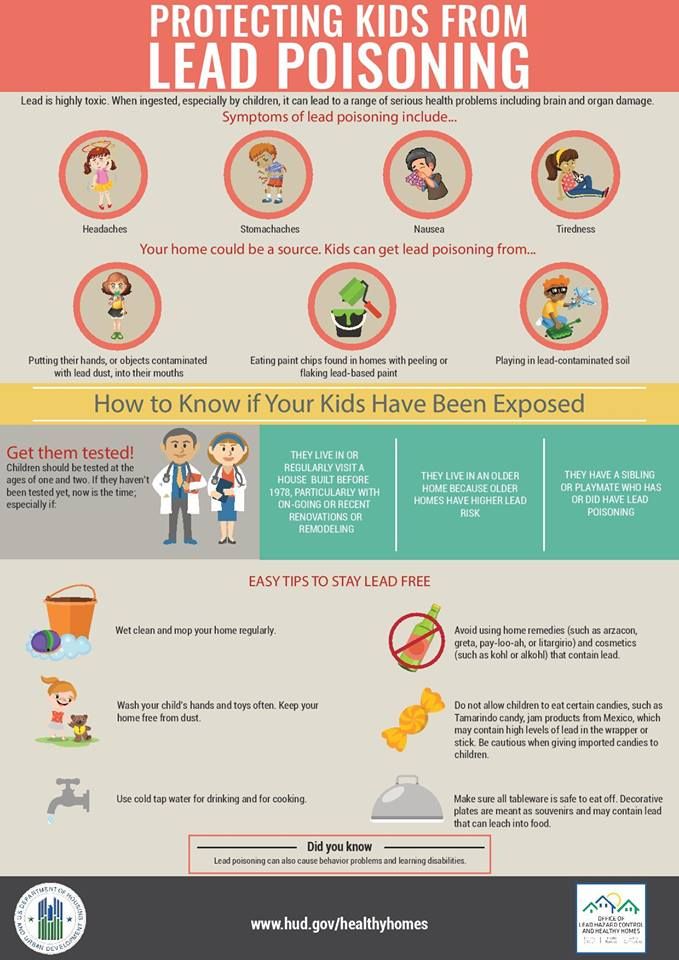
Support the child in what he is doing. The worst thing that can happen is he makes a mistake and comes to you for help. The main thing is to make it clear that he can always count on this help. Explain that there is no need to feel fear and embarrassment in front of your parents, because you are the closest people who will not judge. This is how you can come to mutual trust, which means knowing what is happening with the child.
“Today you made a discovery: if you don’t do homework at all, you can get a C in a quarter”
The main rule: we don’t make value judgments, we don’t judge a child, but report some objective fact. Thus, the parent's chances of losing trust and offending the trying person with the phrase "Well, fool!" are reduced.
8 more phrases we shouldn't say to children
2. Talk openly about everything that worries you
Children always seem too small for serious conversations. Only then does the moment come when you decide, start talking, for example, about sex.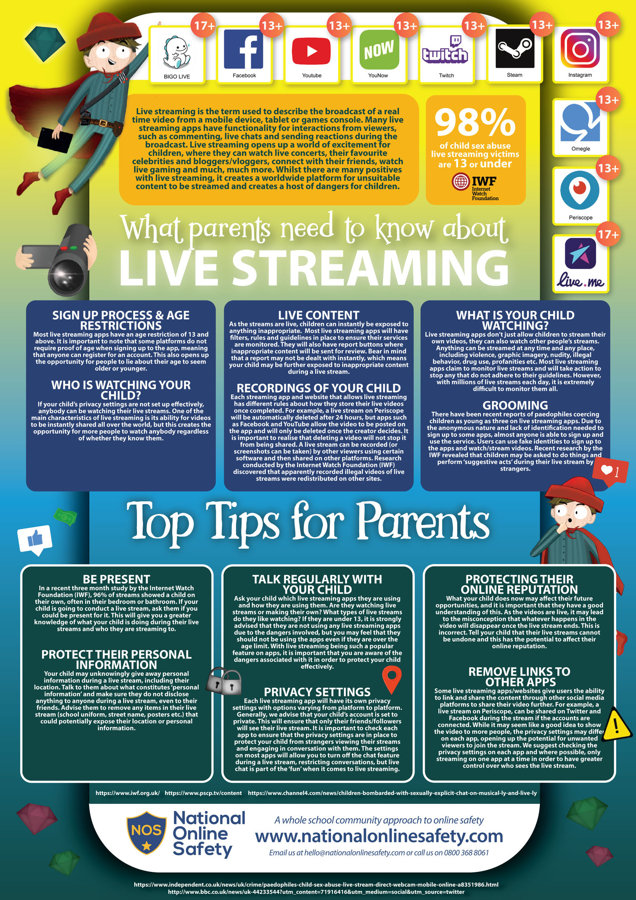 But it turned out that they already knew everything without you. And yes, you will probably never even find out what exactly you told the child and what conclusions he made from it. Or you will find out when you have to deal with the consequences of these conclusions. Therefore, it is still better to get ahead of classmates, friends and the Internet.
But it turned out that they already knew everything without you. And yes, you will probably never even find out what exactly you told the child and what conclusions he made from it. Or you will find out when you have to deal with the consequences of these conclusions. Therefore, it is still better to get ahead of classmates, friends and the Internet.
First, the child must learn about maturation, sex, love, mutual consent "abstractly", as yet without emotion, without personal relationship. And preferably long before all this starts to happen to him in reality.
It is important that the conversation about sex is free from shame. Not from normal embarrassment, but from shame as "a feeling of abnormality, dirt, filth." And the words here are about the same for boys and girls - both about pleasure and about safety.
7 more difficult topics to talk with children
3. Respect his opinion, privacy and space
The child already feels like an adult, but for some reason they still continue to be considered small.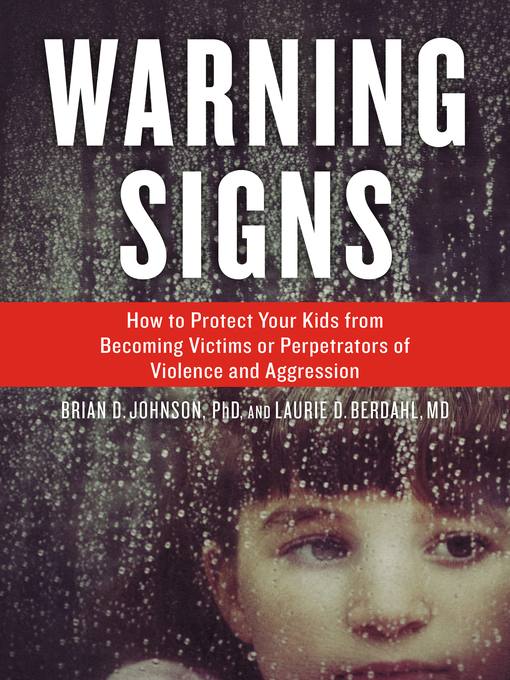 Yes, parents still have to take care, but it is hardly necessary until the age of 18 to keep track of whether he brushed his teeth at night. Not to mention the requirements: take a shower every two days and not be friends with that girl. To make your child want to share his feelings and problems with you, try not to criticize him. Instead, discuss, ask for opinions, explain, but be mindful of personal boundaries. And be sure to knock.
Yes, parents still have to take care, but it is hardly necessary until the age of 18 to keep track of whether he brushed his teeth at night. Not to mention the requirements: take a shower every two days and not be friends with that girl. To make your child want to share his feelings and problems with you, try not to criticize him. Instead, discuss, ask for opinions, explain, but be mindful of personal boundaries. And be sure to knock.
The child has suspicious friends: one merges with the wallpaper because they are all in tattoos, the other uses one word “Yo” in speech. Horror! When a parent puts harsh conditions on the wrong company, he achieves only that he will be lied to. If you don’t like the children’s social circle, there can be only one strategy: figure out why a teenager communicates with them, what he finds among these guys. Explain your position to the child, tell about your concern, listen and recognize the child's right to an alternative position.
7 more rights of a teenager that parents refuse to recognize
to some choice.
 For example, to become the third scientist in a family of scientists. But there are things that a child must figure out on his own, even if in the 7th grade he sees himself as a chemist, and in the 11th grade he decided to become a designer. Most importantly, try not to start every morning with the question: "Have you already decided where to go?" and slip brochures from chemistry departments. The child should know that no matter what he chooses, you will support him and not judge him. Even if it's a technical school (or nothing).
For example, to become the third scientist in a family of scientists. But there are things that a child must figure out on his own, even if in the 7th grade he sees himself as a chemist, and in the 11th grade he decided to become a designer. Most importantly, try not to start every morning with the question: "Have you already decided where to go?" and slip brochures from chemistry departments. The child should know that no matter what he chooses, you will support him and not judge him. Even if it's a technical school (or nothing). If the child has not yet decided by the end of the 11th grade, do not make a tragedy out of it. Do not put pressure on a son or daughter who says: "I don't know...", "I didn't choose...", "I don't understand...", "Mom, don't blow your mind!". Let the girl go to work or finish some courses. Believe me, this year's life experience will be very valuable. You will see, a year will be enough to make the right choice.
More ways to help your child decide on a profession
5.
 Be always on the side of the child, no matter what happens
Be always on the side of the child, no matter what happens But sometimes children really need your protection. When, for example, things happen to a child at school that are much worse than three in a year, but he is afraid to confess to you. And if he decides, in response he hears nothing at all that could help him. The child admitted that he was being bullied at school. You answer what you yourself have heard more than once: "Pay no attention!" or "Mumly!". Did it help? But sometimes it’s enough just to say “Thank you for telling me. We will definitely deal with this."
Often, when faced with bullying, parents want to go to the bully and his parents/principal/teacher, make a scandal, or simply take the child out of school. But it is important to understand that the current situation should be discussed with the child. Only in this case there is a chance to really change something. “You are not to blame for anything”, “Let's think about what can be done”, “Thank you for sharing” - all these phrases will help the child understand that he was not left alone with the problem, and will give the opportunity to feel protected.